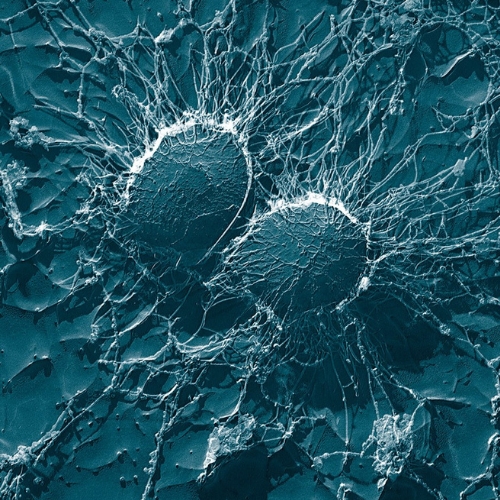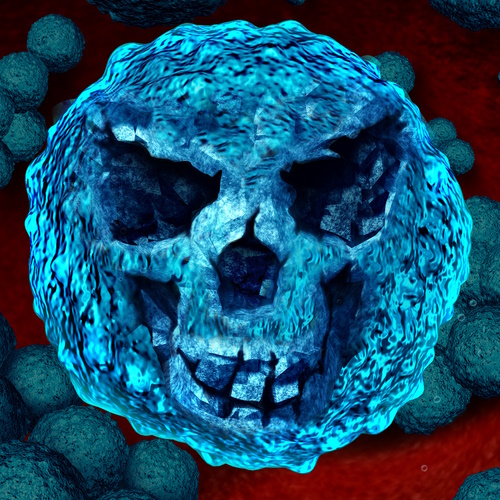Key points from article :
UK doctors are trialling an unusual but promising new therapy: freeze-dried faecal capsules—dubbed "poo pills"—to combat dangerous superbug infections. These capsules are filled with stool from carefully screened healthy donors and are rich in beneficial bacteria. The idea is to flush out drug-resistant microbes lurking in the gut and replace them with a healthier, more diverse community of microbes. This approach targets the intestines, which are considered the human body’s largest reservoir of antibiotic resistance.
Dr Blair Merrick, who is leading the trials at Guy’s and St Thomas’ hospitals in London, explained that superbugs can escape the gut and cause serious infections in other parts of the body. The pills are a form of faecal microbiota transplantation (FMT), a method already used to treat Clostridium difficile infections. Early data from a small group of 41 patients showed the donated bacteria successfully colonised the patients’ guts and appeared to outcompete harmful bugs, either eliminating them or reducing their numbers to harmless levels.
In addition to potentially reducing superbug levels, the poo pills seemed to boost microbial diversity in the gut—a key sign of better health and greater resilience against future infections. This development reflects a broader shift in medical understanding: not all microbes are harmful, and many are vital to human health.
With hundreds of microbiome-based medicines in development, experts like Dr Chrysi Sergaki from the MHRA see immense potential. If proven effective in larger trials, poo pills might not only treat but also prevent infections in vulnerable people, such as those undergoing chemotherapy or organ transplants—offering an alternative to traditional antibiotics in the fight against antimicrobial resistance.







